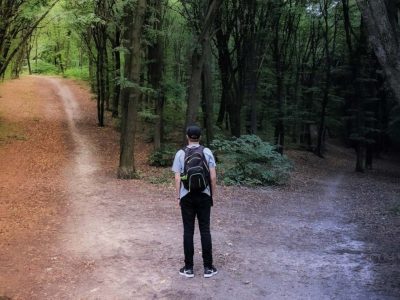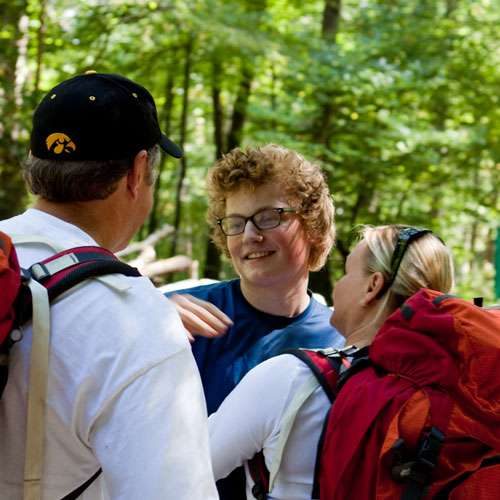
While their life may seem like pure bliss, many celebrities have faced teen mental health issues or are currently dealing with mental health. A recent article by Mind Body Green praises these 3 celebrities for opening up about their past teen mental health issues or current struggles.
Unfortunately, there is still a stigma around being open about mental conditions like depression and anxiety. Many people, especially celebrities, try to keep their past teen mental health issues or current issues a secret. But there are some celebrities who have decided to break the stigma and speak on their experiences with mental illness.
Kristen Bell
The Frozen actress recently opened up about her struggle with anxiety and depression. She suffered from teen mental health issues. She was prescribed a medication for anxiety and depression when she was really young and still takes them today. She stays on top of her illness by having routine mental health check-ins.
Demi Lovato
Demi is a 23-year-old singer who has struggled with experiences of depression, substance abuse, and bipolar disorder. It wasn’t until she went to rehab that she was diagnosed with bipolar disorder. She states “For me, I spent so many years struggling with depression and bipolar depression and I couldn’t figure out why I was so sad, depressed, lonely, and just unhappy overall…I was a star…I had a seemingly awesome life but I was still struggling.” Once she finally got the right diagnosis she was relieved that she could finally pinpoint what was going on and work on the solution.
Emma Stone
Emma Stone is a well-known actress who recently opened up about her teen mental health issues. Throughout her childhood she suffered from panic attacks. She suffered from severe panic attacks for three years, constantly worrying about people dying or a drastic change in her life. She states that acting helped her cope with her anxiety.
Mental illness doesn’t have to take over your life. It doesn’t have to define you as a person. Asking for help is not a sign of weakness. It’s an important part of receiving the help you need.
Trails Carolina Can Help
Trails Carolina is a wilderness therapy program for struggling teens, ages 11-17. Our students commonly deal with issues such as depression, anxiety, ADHD, trauma, and other behavioral challenges.
For more information about Trails Carolina, please call 800-975-7303 today!
Get started today
Contact us today to learn how Trails Carolina can help your family
Trails saved my daughter’s life. Amanda is an amazing human and a brilliant therapist. I am so grateful to her, Science Steve, and the other wonderful people who could reach my daughter at a time when I could not.
Margot Lowman August 2022
Great life changing experience for our son. After becoming addicted to gaming during covid he was very depressed. At Trails he experienced the wilderness, Science Steve, learning survival skills and top notch therapy and support etc… I highly recommend! This gave our son and our family a renewed family bond full of love and excitement about his bright future.
Winnifred Wilson July 2022
Outstanding clinical work and superb staff! There’s a great culture at this company and it shows with how they engage with families/clients.
Kristin Brace June 2022
Discover If Trails Is The Right Program For Your Child
Take our short online assessment and help us better understand how we can help your family.




